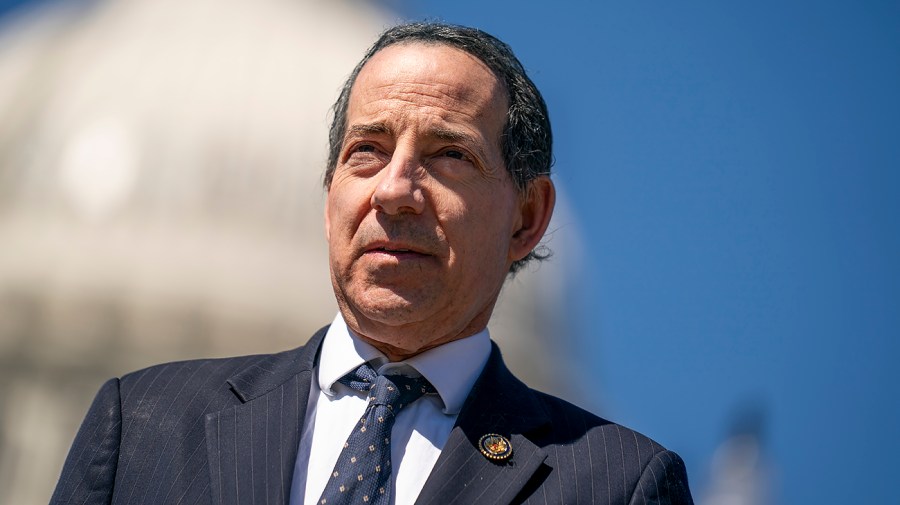
House Judiciary Committee Democrats are demanding a public hearing regarding the handling of documents related to Jeffrey Epstein. They argue that senior officials from both the Justice Department and the FBI should testify about their management of information surrounding the deceased financier’s alleged sex trafficking activities. Recently, the Justice Department released a memo indicating that Epstein did not commit suicide and asserting that he did not maintain a list of clients involved in his trafficking scheme.
The push for accountability is led by Rep. Jamie Raskin (D-Md.), the committee’s top Democrat. Raskin has suggested that key figures, including Attorney General Pam Bondi, her deputy Todd Blanche, FBI Director Kash Patel, and his deputy Dan Bongino, should all testify. He emphasized that the committee may have to issue subpoenas if these officials do not voluntarily appear.
In a letter addressed to Jim Jordan (R-Ohio), the committee chair, Raskin pointed to claims made by President Donald Trump and his administration that the government has downplayed the extent of Epstein’s criminal activities. He stated that these conspiracy theories have been used to rally support among Trump’s backers. Raskin expressed concern that the handling of the Epstein case has not only failed to restore public trust but has also heightened suspicions about the government’s conduct.
Jordan’s office has not provided comments on the matter, although he expressed confidence in the leadership of the FBI and DOJ. The DOJ and the FBI also did not respond immediately to requests for comment. Internal divisions have emerged within the Trump administration, particularly concerning Bongino’s previous statements urging his followers to remain focused on the Epstein case. Trump has defended Bondi’s management of the investigation, asserting that she has performed admirably in her role.
Democratic calls for transparency regarding the Epstein files have intensified, with concerns that the Justice Department may be withholding information that could negatively impact Trump. Raskin raised alarming questions regarding whether Trump might be hiding damaging information to protect other individuals or to maintain leverage over various public and private figures. He also suggested that the administration may have promoted unfounded conspiracy theories about Epstein for political gain, which they are now attempting to distance themselves from.
Interest in the Epstein files has surged, particularly following remarks made by Elon Musk, who claimed Trump was among those named in Epstein’s documents. The president has consistently denied having a close relationship with Epstein and has expressed frustration over the ongoing public scrutiny surrounding the case. Photographs over the years have shown Epstein socializing with influential figures, including Trump, former President Bill Clinton, and Britain’s Prince Andrew, as well as numerous celebrities and wealthy individuals. Epstein’s associate, Ghislaine Maxwell, has been convicted on charges related to sex trafficking.
In summary, the call for a public hearing signifies a pivotal moment in the ongoing investigation into Epstein’s operations, highlighting the complexities surrounding the case and the political ramifications that continue to unfold. The outcome of these hearings may have significant implications for all parties involved, particularly in the context of public trust in government institutions.







